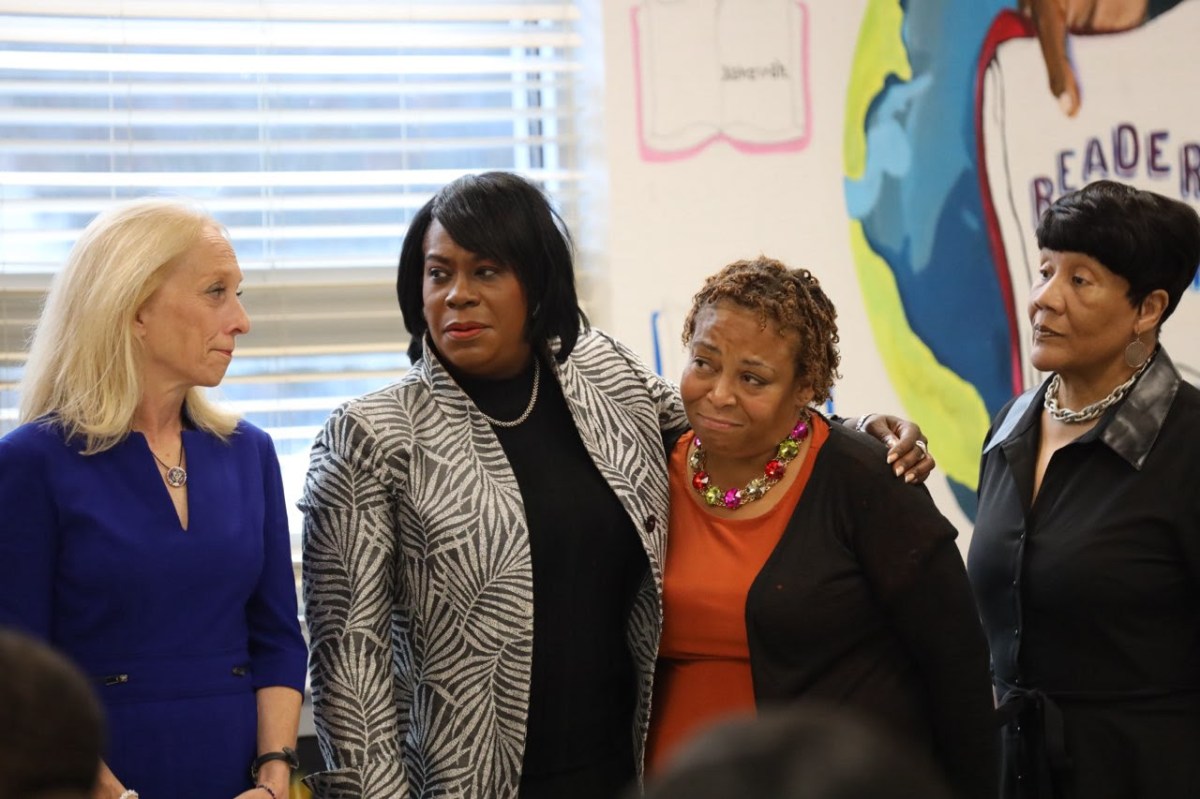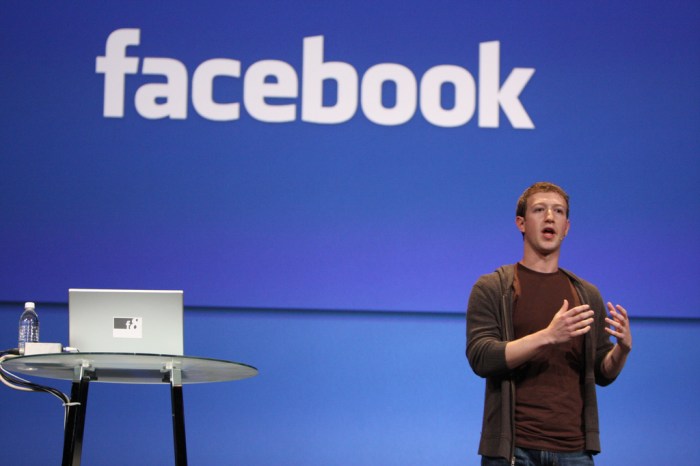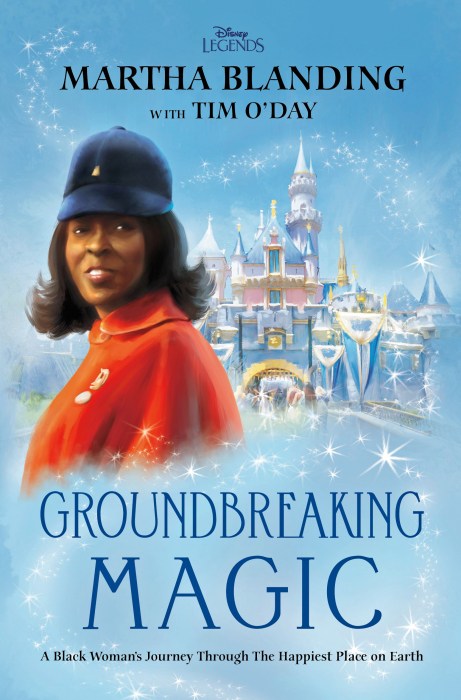Today, adolescents, Luddite adults and the cast of “Teen Wolf” have been warned, “Assume that anything you put on social media will become public.”
As it turns out, a bigger concern might be what happens when it stays private.
Reports and internal documents have surfaced that suggest Facebook can use the language you use on your own posts to target ads toward you — particularly when you express anxiety or other negative emotions.
(Good thing Melania Trump isn’t on Facebook.)
Newspaper “The Australian” reports that it obtained a 23-page document in which two top Facebook Australia executives addressed their ability to collect data from young people in “moments [they] need a confidence boost” — pinpointing them as feeling stressed, defeated, overwhelmed, anxious, nervous, stupid, silly, useless or a failure.
(Good thing Donald Trump isn’t on Facebook.)
Theoretically, this intelligence could be used to send you weight-loss ads if you express insecurity over your size, or dating sites if you lament being single. According to Mashable‘s Jericho Mandybur, the report is “the latest example of Facebook’s intelligence being used in the service of what some would consider unethical advertising.” In February, Facebook announced it was using its algorithms to target ads for housing, credit cards and jobs, and no longer targeting based on race, which had stoked a controversy.
Continues Mandybur: “There’s no denying that data mining algorithms such as this one not only exist, but in keeping with the basic principles of production for profit, they’re being used all the time.”
CBC News spoke with Luke Stark, a researcher at Dartmouth College studying social media and emotion, who said Facebook — and many other sites and networks — use advance “sentiment analysis” techniques to analyze the words people use in their posts, then assign those words an “emotional score” that can be used to manipulate or target users. And not just teens.
“The other big way that Facebook is doing this is through the recent reaction buttons,” said Stark. “So on a Facebook post there is a love button, a sad button, an angry button that lets users tag those posts with basic emotional states. So I think that’s also an important element of how Facebook is; actually getting users to track their own emotional states.”
In a statement, Facebook reps didn’t deny the existence of the report obtained by “The Australian,” but said it was research designed to help marketers understand how people use Facebook and that “Facebook does not offer tools to target people based on their emotional state.”






















